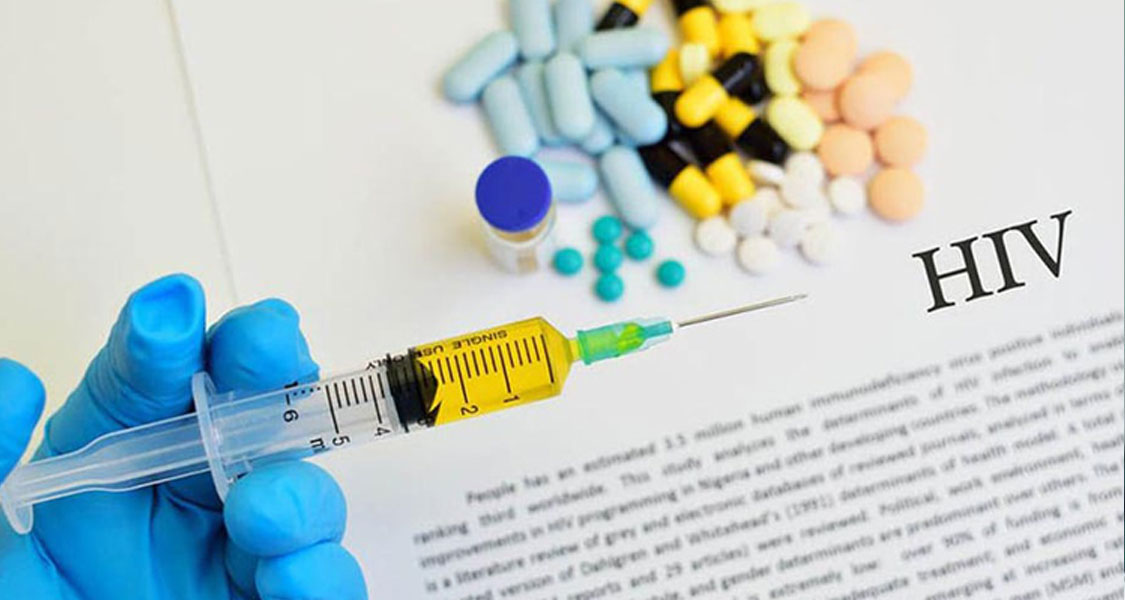An annual shot to protect against HIV infection has successfully passed an early safety trial, according to research published in The Lancet medical journal.
The drug lenacapavir passed a critical Phase I testing trial and now may become a highly-effective and convenient form of HIV prevention.
Lenacapavir works by stopping HIV from replicating inside cells. PrEP delivered with a daily pill or bi-monthly injections already drastically reduces the risk of contracting or spreading HIV.
The lenacapavir trial consisted of 40 people without HIV receiving a muscle-directed shot of the drug. No major side effects or safety concerns were recorded, and after 56 weeks the medicine was still detectable in their bodies.
“By decreasing dosing frequency and providing an additional PrEP option for people who want or need PrEP, yearly dosing of lenacapavir has the potential to further decrease current barriers to PrEP by increasing the uptake of, persistence on, and, therefore, scalability of PrEP,” researchers said.
In a statement to the BBC, Richard Angell of the HIV charity Terrence Higgins Trust, said, “PrEP as a daily pill has been a game-changer in our HIV response. The prospect of ‘safe’ annual injectable PrEP is as exciting as it is transformational. It’s great to see these early results that suggest injectable PrEP might be effective for up to 12 months.”
Higgins noted there is inequality in who gets access to treatment and who doesn’t.
“The oral pill is still not available in prisons, online, or in community pharmacies,” he said. “We need to get ready for its rollout now and fund sexual-health clinics to do so.”
Around 40 million people are living with HIV, 65% of them in Africa, according to the World Health Organization.
Trials going forward must have more diverse participants, the researchers told the 2025 Conference on Retroviruses and Opportunistic Infections.

















